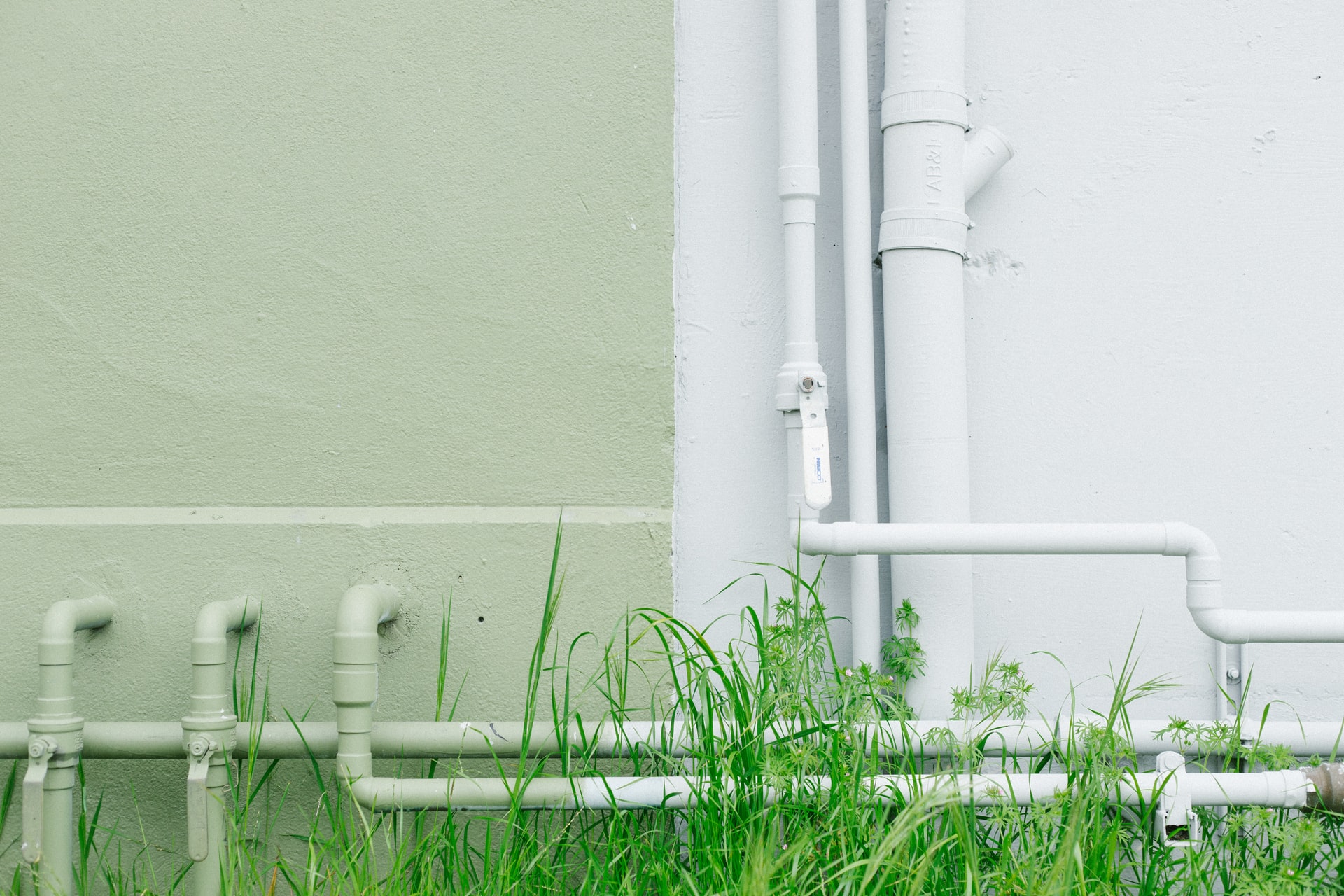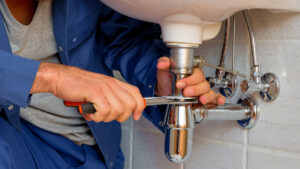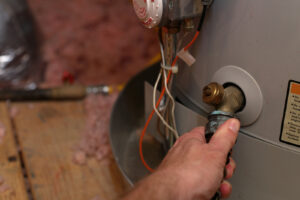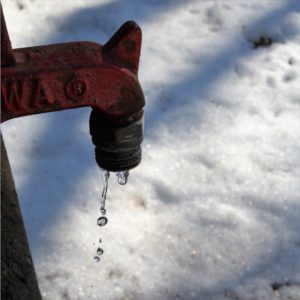Plumbing issues in your property can lead to serious problems. That is why you need to address any issues before they get worse. Your pipes and pipe connections can take a beating through the years, and they can fail due to age, changes in temperature, and faulty components. Moreover, the lack of maintenance or improper installation may result in a huge problem in the future.
Since most of your pipes are within your walls, it’s essential to know their expected life cycles along with indications of failure to help you determine when it’s time to replace them.
Failing Plumbing Signs
Here are the signs your plumbing system is failing.
- Pipe cracks
- Corrosion
- Leaks
- Wet baseboards
- Water-stained or warped flooring
- Rust-colored water tubing
- Low water pressure
- Gurgling or rattling sound from the pipes
You should also take the time to have your crawl space inspected, along with other enclosed areas in your property, to check for dampness or mold. These two are indications of leaky pipes.
Should You Replace Your Plumbing System?
If you have the skills, you can dislodge material in blocked pipes, replace faulty fixtures and pipe connectors, or even replace faulty, exposed pipes. However, if the issue is not exposed piping, but the problem is underground or behind a wall, you may need to have certain parts of your home remodeled.
If you don’t know the best time to replace your plumbing system, a good rule of thumb is to do this when you renovate your kitchen, basement, or bathroom. You can even find ways to make the replacement more affordable by having the exposed piping replaced should there be no other signs of leaking water.
On the other hand, it’s a good idea to use the opportunity during a renovation to inspect hidden pipes and joints to determine if you should have them fixed or replaced.
Know Your Pipe Material
It’s also important you know the piping material installed in your home. Why? This is because different materials have different life expectancies as well. Moreover, they pose different problems.
Here is the estimated lifespan of each pipe material:
- Copper: 50+ years
- Brass: 40-45 years
- Cast Iron: 75 to 100 years
- Galvanized steel: 20 to 50 years
- PVC piping: Indefinitely
Their long-life cycles are indeed impressive, but you should consider the pipe joints, fittings, and mechanical components that connect your plumbing to your household fixtures. When fixtures are faulty or old, as well as compromised connections, they can lead to plumbing issues.
Trust the Professionals
Whether handy or not, it’s crucial to know what professionals have to say when it comes to your plumbing replacement. That’s why you should consider calling a professional to inspect your plumbing system at home and ensure this is done regularly.
Conclusion
Plumbing replacement is time-consuming, and it can end up costing you a lot of money. Furthermore, plumbing issues can cause damage to your home, and that’s something you don’t want to happen. Regardless of the type of pipe material you have, your plumbing isn’t meant to last forever. If you notice any of the signs we’ve listed, and your pipe materials have exceeded their life expectancy, a replacement may be in order. Unsure if a replacement is needed in the first place? Consult your trusted plumber!
Hire the best Longview plumbers today! We can help you with plumbing replacement here at ServiceProz. Contact us to schedule a service.






